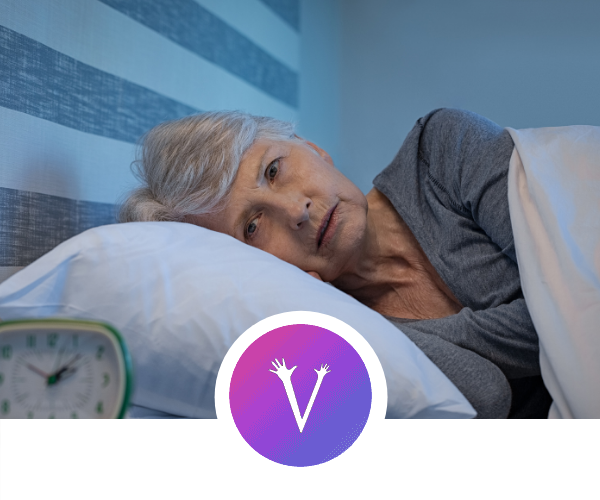How to get a good night’s sleep

How well do you sleep? Do you drop off easily but maybe wake up in the early hours and have difficulty getting back to sleep? You’re not alone, around 1 in 3 of us have sleep problems and it’s more prevalent as we age. The problem is the more we worry about not sleeping, the worse it becomes so we end up connecting bedtime to anxiety and frustration and it becomes a cue for negative feelings and disrupted sleep.
Research has shown that Cognitive Behavioural Therapy (CBT) can help people understand what they need to sleep well and changes their habits and behaviours to promote better quality of sleep. With NHS recommended techniques, between 70-80% of people see improved sleep, often in under four weeks. CBT is recommended by the NHS using techniques to increase the body’s natural drive to sleep better and also reduce the worry and anxiety attached to poor sleep.
Try these top tips to improve sleep, thanks to Kathryn Pinkham of The Insomnia Clinic
- Don’t spend too long in bed. The first thing we do when we can’t sleep is start going to bed earlier to try and increase our opportunity for sleeping. Reduce the amount of time you spend in bed, go to bed later and get up earlier. This will encourage your body’s natural sleep drive to kick in. By reducing the time you spend in bed you will crave more sleep, fall asleep faster and find your quality of sleep will improve.
- Set a wake time and stick to it, regardless of how badly you have slept. By getting up early you will train your body clock to associate mornings with being awake. Staying in bed, dozing, often results in grogginess and low mood, so instead get up, have a cuppa and get some fresh air and exercise rather than trying to catch up on lost sleep.
- Stop clock-watching. If you wake often it is very tempting to look at the clock with each wakening to monitor how little sleep you are getting. However, this increases the pressure to fall back to sleep and makes it less likely. Set your alarm for the morning then avoid looking at the time again.
- Don’t lie in bed awake. The longer we lie in bed trying to fall back to sleep the more frustrated we get. This, in turn, means we begin to subconsciously relate bed to feeling stressed and being awake rather than asleep and it makes it more likely that this pattern will continue. Leave the bedroom and do something relaxing like read a book downstairs, then when you are tired go back to bed.
- Don’t worry about it. The worst thing you can do is worry, as worrying about sleep is worse than not sleeping. Not sleeping just makes you tired, and you have been tired before. But worrying about sleep makes you stressed, anxious and low. Follow the above tips to give yourself the best possible chance of sleeping well, but outside of that accept that sleep is not the only thing you can do to feel better. Try to leave a bad night behind you and focus on the day ahead. Go for a walk, get some fresh air and eat healthily to improve energy levels rather than just focusing on sleep.
Here are some more sleep hygiene tips – it’s worth trying things out to see what works for you, such as:
- Keep your bedroom cool, 18°c is the recommended temperature.
- Chamomile or Valerian tea is a natural remedy you might want to try.
- Lavender or Roman Chamomile essential oils have been shown to improve sleep quality but don’t overdo it, just a few drops in a warm bath or in a carrier oil to rub onto skin will be enough.
- Exposure to bright light in the morning can help regulate the body’s internal body clock and promote sleep at night. Getting outdoors for a brisk walk, or any aerobic exercise, can really help you get a good night’s sleep.
- Try to avoid using your phone or computer as it can suppress the release of melatonin which makes you feel sleepy.
- Over the counter remedies which contain antihistamines (diphenhydramine) should only be used for a short time as they are addictive. The NHS website warns “You can become dependent on diphenhydramine if you take it continuously for a period of time, eg if you take it every day for more than 2 weeks.”